To provide the best experiences, we use technologies like cookies to store and/or access device information. Consenting to these technologies will allow us to process data such as browsing behaviour or unique IDs on this site. Not consenting or withdrawing consent, may adversely affect certain features and functions.
The technical storage or access is strictly necessary for the legitimate purpose of enabling the use of a specific service explicitly requested by the subscriber or user, or for the sole purpose of carrying out the transmission of a communication over an electronic communications network.
The technical storage or access is necessary for the legitimate purpose of storing preferences that are not requested by the subscriber or user.
The technical storage or access that is used exclusively for statistical purposes.
The technical storage or access that is used exclusively for anonymous statistical purposes. Without a subpoena, voluntary compliance on the part of your Internet Service Provider, or additional records from a third party, information stored or retrieved for this purpose alone cannot usually be used to identify you.
The technical storage or access is required to create user profiles to send advertising, or to track the user on a website or across several websites for similar marketing purposes.
 A recent survey by Frank Recruitment Group, claims that more than half of tech professionals thinking about moving to the UK would consider choosing a city outside of London. Conducted by Frank Recruitment Group’s Salesforce recruitment arm, Mason Frank International, the survey asked over 1,800 IT professionals from around the world for their opinions on the tech jobs market, salaries, and benefits. (more…)
A recent survey by Frank Recruitment Group, claims that more than half of tech professionals thinking about moving to the UK would consider choosing a city outside of London. Conducted by Frank Recruitment Group’s Salesforce recruitment arm, Mason Frank International, the survey asked over 1,800 IT professionals from around the world for their opinions on the tech jobs market, salaries, and benefits. (more…)




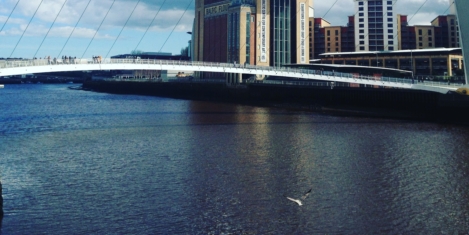
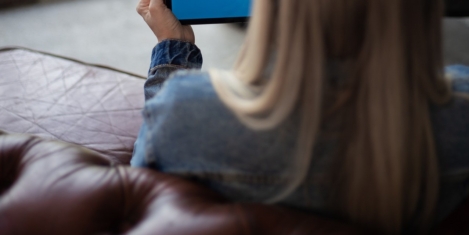
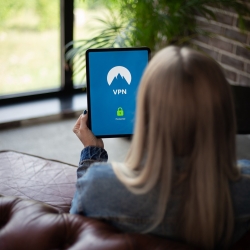 More than a third (35 percent) of UK IT decision makers admitted that their remote workers have already knowingly put corporate data at risk of a breach in the last year according to an annual survey – conducted by
More than a third (35 percent) of UK IT decision makers admitted that their remote workers have already knowingly put corporate data at risk of a breach in the last year according to an annual survey – conducted by 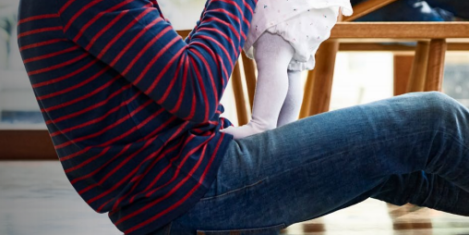
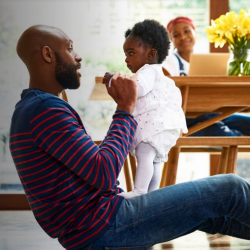 A survey released by
A survey released by 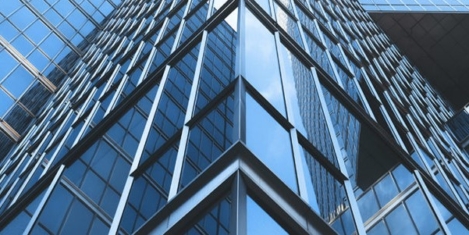
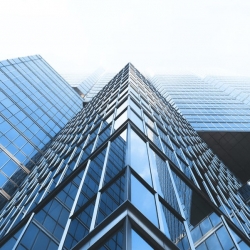 WiredScore, is announcing the launch of a new certification for smart buildings aimed at providing clarity, definition and measurement for the growing smart building industry.
WiredScore, is announcing the launch of a new certification for smart buildings aimed at providing clarity, definition and measurement for the growing smart building industry. 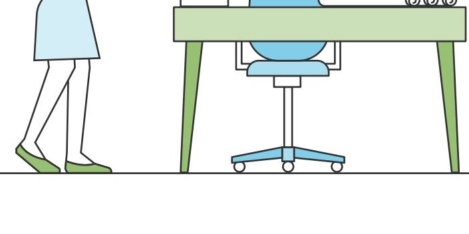
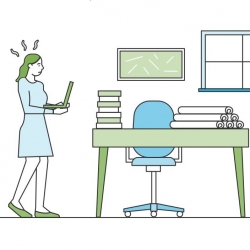 Glint’s latest insights report shows that there is a worrying increase in employees experiencing challenges with their mental health, with burnout risk trending upwards year-over-year. That spiked in late March 2020 and climbed by nearly 4 percent between August and December 2020. That’s not a big surprise, given the first challenging months of the global pandemic. Paradoxically, employees say that despite feeling burnt-out, they also feel happier at work at the end of a year of lockdown than they did at the start. Is this some sort of contradiction—or evidence of something very encouraging about the state of HR?
Glint’s latest insights report shows that there is a worrying increase in employees experiencing challenges with their mental health, with burnout risk trending upwards year-over-year. That spiked in late March 2020 and climbed by nearly 4 percent between August and December 2020. That’s not a big surprise, given the first challenging months of the global pandemic. Paradoxically, employees say that despite feeling burnt-out, they also feel happier at work at the end of a year of lockdown than they did at the start. Is this some sort of contradiction—or evidence of something very encouraging about the state of HR? 
 Remote work, rapidly accelerated by the pandemic, is now essential to business success and worker productivity. However, as parts of the world open up and hybrid work becomes a reality, research claims that companies must invest in establishing flexible work policies and programs, and address a sizeable disconnect in trust between decision makers and employees, according to a Forrester study commissioned by
Remote work, rapidly accelerated by the pandemic, is now essential to business success and worker productivity. However, as parts of the world open up and hybrid work becomes a reality, research claims that companies must invest in establishing flexible work policies and programs, and address a sizeable disconnect in trust between decision makers and employees, according to a Forrester study commissioned by 
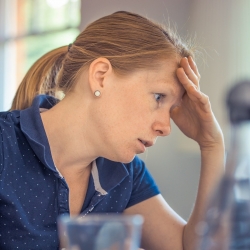 More than six in ten UK managers have experienced burnout at work because of the COVID-19 pandemic, with a fifth considering quitting their job as a result, according to new research from
More than six in ten UK managers have experienced burnout at work because of the COVID-19 pandemic, with a fifth considering quitting their job as a result, according to new research from 
 A new report from KPMG suggests that half of major corporations do not expect to see a return to any sort of ‘normality’ until 2022 when half of the general population has been vaccinated. The report also claims that there has been a steep decline in the appetite of the global executives who took part in the survey for office downsizing as the firms reconsider the need for in-person business to resume when countries emerge from the pandemic.
A new report from KPMG suggests that half of major corporations do not expect to see a return to any sort of ‘normality’ until 2022 when half of the general population has been vaccinated. The report also claims that there has been a steep decline in the appetite of the global executives who took part in the survey for office downsizing as the firms reconsider the need for in-person business to resume when countries emerge from the pandemic. 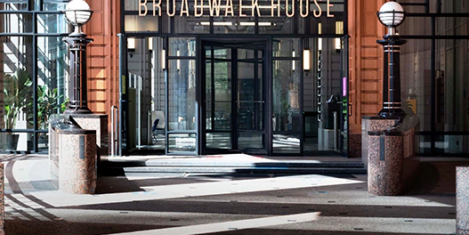

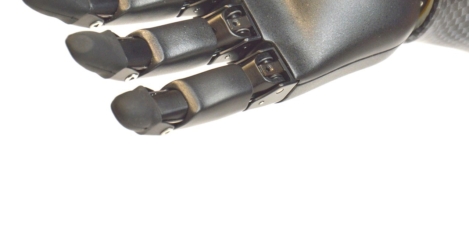
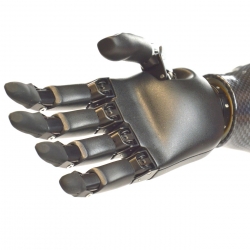 The number of technology job listings in the UK declined by 57 percent during the past year, with fewer than 55,000 open roles advertised, according to the latest UK Tech Talent Tracker from
The number of technology job listings in the UK declined by 57 percent during the past year, with fewer than 55,000 open roles advertised, according to the latest UK Tech Talent Tracker from 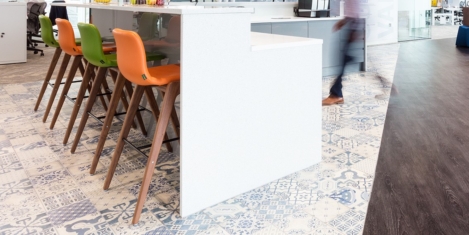
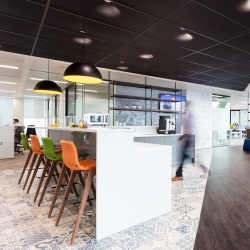 You may have heard it said that any idea repeated often enough develops some form of legitimacy. We’ve had plenty of reason to reflect on whether this notion is true or nor over the past year, especially as all-encompassing pronouncements about the future of work have proliferated and intensified. The problem is exacerbated by the fact that around 80 percent of people
You may have heard it said that any idea repeated often enough develops some form of legitimacy. We’ve had plenty of reason to reflect on whether this notion is true or nor over the past year, especially as all-encompassing pronouncements about the future of work have proliferated and intensified. The problem is exacerbated by the fact that around 80 percent of people 







April 27, 2021
The hybrid workplace sagas, part one. Ginnungagap
by Neil Usher • Comment, Flexible working
“Morning Clara. You mean the Team-Rostered Attendance Programme. It’s fantastic – we have control at last!”
“Wow, I’m jealous. I guess you all just fell into it?”
“Yeah. How did you know?”
“Just a hunch. So how does it work?” (more…)